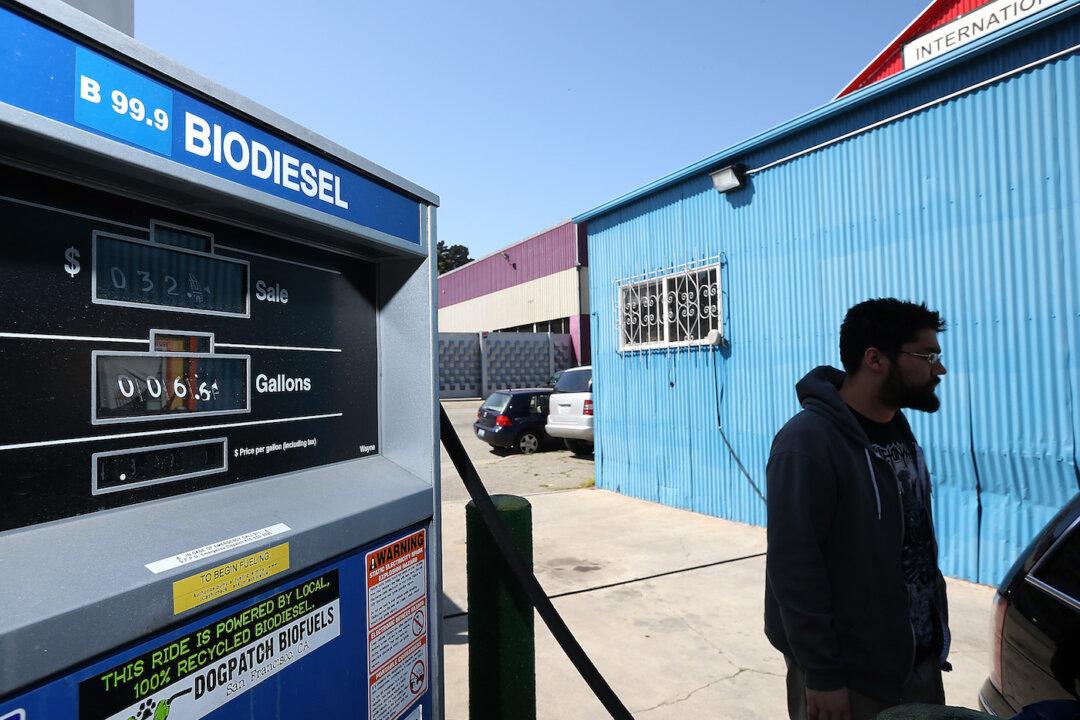American biofuel firms and refiners will reach less than 50 percent of their renewable diesel production targets for 2025, according to a study released on Jan. 18 from consultancy Cerulogy.
The 2025 renewable diesel goals, which have been touted by the Biden Administration, will most likely fall short due to policy and feedstock constraints.





